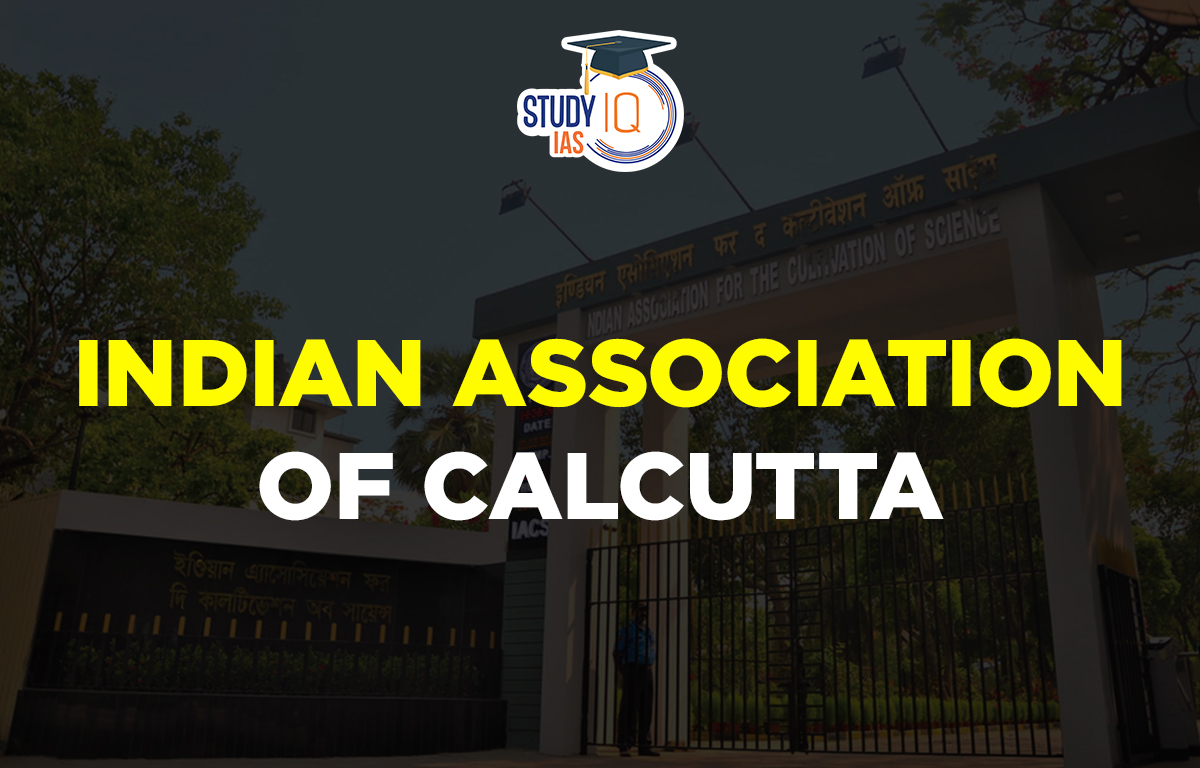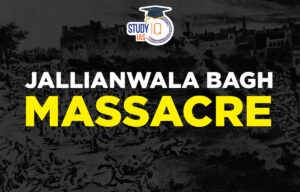Table of Contents
Indian Association of Calcutta
Ananda Mohan Bose and Surendranath Banerjee established the Indian Association of Calcutta in 1876. Surendranath Banerjee and Anand Mohan Bose founded the Indian National Association in 1876, one of the first nationalist groups. The Indian Society of Calcutta is another name for it.
It promoted the promotion of several legal strategies, such as the political, academic, and material progress of the Indian people. The pre-Congress groups were dominated by the Indian Association. The various facets of the Indian National Association will be covered in this article along with their importance for candidates preparing for the UPSC exam.
Read More: East India Association
Indian Association of Calcutta History
The first annual meeting of the Indian National Association, then known as Bharat Sabha, was held in Calcutta. In 1886, this organization united with the Indian National Congress. As political awareness increased and political organizations and national campaigns for independence emerged, the Indian National Association was established. Anand Mohan Bose, Durga Mohan Das, Nabagopal Mitra, Surendranath Banerjee, and other nationalist figures were connected to the group.
Read More: Bombay Presidency Association
Indian Association of Calcutta Evolution
Beginning in the 19th century, social and economic changes also increased political awareness, giving rise to political organisations and national independence movements. The “India League” was established in 1875 by Sisir Kumar Ghosh and Sambhu Charan Mukherjee to advocate for the middle class and foster a feeling of nationalism among the populace.
Surendranath Banerjee and his friend Ananda Mohan Bose established the Indian Association on July 26, 1876, after the League was disbanded.
Read More: Santhal Rebellion
Indian Association of Calcutta Feature
It fought to advance nationalism among the populace and foster political education while standing up for the interests of the middle class. Due to this association’s wide outlook, its leaders were able to keep it above specific political and communal interests. They aimed to bring India’s educated middle class together politically. The organization promoted the development of a powerful body of popular opinion in the nation.
On the premise of shared political goals and interests, it sought to unite the Indian races and peoples. It encouraged unity between the Muslim and Hindu populations. It made sure that everyone was a part of the significant public activity at the time. It protested the removal of the age restriction for applicants to the 1877 Indian Civil Service exams. The organization promoted the Indianization of upper administrative positions as well as concurrent civil service examinations in England and India.
It led a movement to get the oppressive Vernacular Press Act and Weapons Act repealed. The organisation opened branches both inside and outside Bengal, in additional towns and cities. In order to draw members from the more underprivileged segments of society, the membership fee was maintained at a minimum. The first all-India conference was funded by the association and took place in Calcutta from December 28 to 30, 1883. More than 100 delegates came from different parts of the nation.
Read More: Madras Mahajan Sabha
Indian Association of Calcutta UPSC
The union served as a kind of precursor to the Indian National Congress because it was an all-India nationalist group. On the basis of shared political goals and aspirations, it aimed to unify the Indian races and peoples and build a strong body of public opinion in the nation. It united with the Indian National Congress in 1886. To prepare for the UPSC Exam, read the full article about the Indian Association of Calcutta.
Read More: Poona Sarvajanik Sabha


 Indus River System, Tributaries, and Sin...
Indus River System, Tributaries, and Sin...
 Jallianwala Bagh Massacre, Date, History...
Jallianwala Bagh Massacre, Date, History...
 Important Lakes of India, State wise and...
Important Lakes of India, State wise and...





















